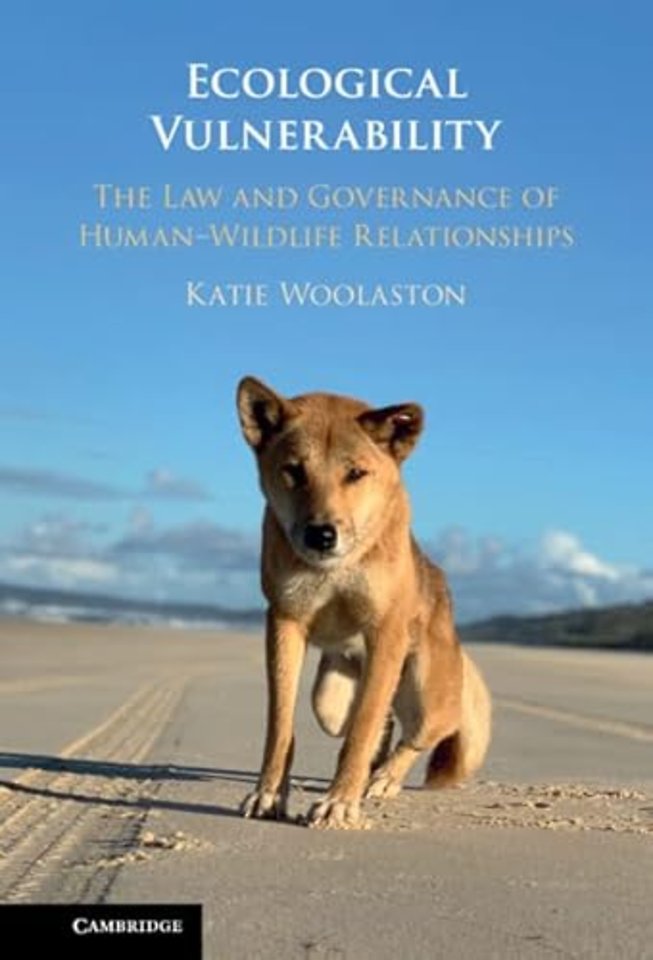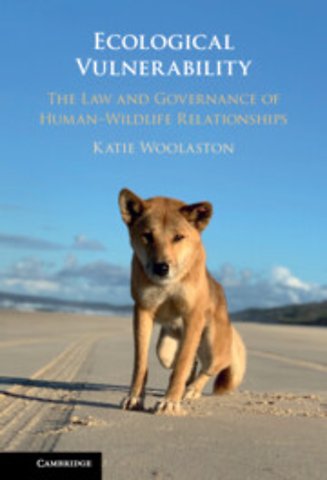Ecological Vulnerability
The Law and Governance of Human–Wildlife Relationships
Samenvatting
Humans are responsible for biodiversity loss in many related and sometimes conflicting ways. Human-wildlife conflict, commonly defined as any negative interaction between people and wildlife, is a primary contributor to wildlife extinction and a manifestation of the destructive relationship that people have with wildlife. The author presents this 'wicked' problem in a social and legal context and demonstrates that legal institutions structurally deny human-wildlife conflict, while exacerbating conflict, promoting values consistent with individual autonomy, and ignoring the interconnected vulnerabilities shared by human and non-human species alike. It is the use of international and state law that sheds light on existing conflicts, including dingo conflict on K'Gari-Fraser Island in Australia, elephant conflict in Northern Botswana, and the global wildlife trade contributing to COVID-19. This book presents a critical analysis of human-wildlife conflict and its governance, to guide lawyers, scientists and conservations alike in the transformation of the management of human-wildlife conflict.
Specificaties
Inhoudsopgave
Net verschenen
Rubrieken
- aanbestedingsrecht
- aansprakelijkheids- en verzekeringsrecht
- accountancy
- algemeen juridisch
- arbeidsrecht
- bank- en effectenrecht
- bestuursrecht
- bouwrecht
- burgerlijk recht en procesrecht
- europees-internationaal recht
- fiscaal recht
- gezondheidsrecht
- insolventierecht
- intellectuele eigendom en ict-recht
- management
- mens en maatschappij
- milieu- en omgevingsrecht
- notarieel recht
- ondernemingsrecht
- pensioenrecht
- personen- en familierecht
- sociale zekerheidsrecht
- staatsrecht
- strafrecht en criminologie
- vastgoed- en huurrecht
- vreemdelingenrecht

